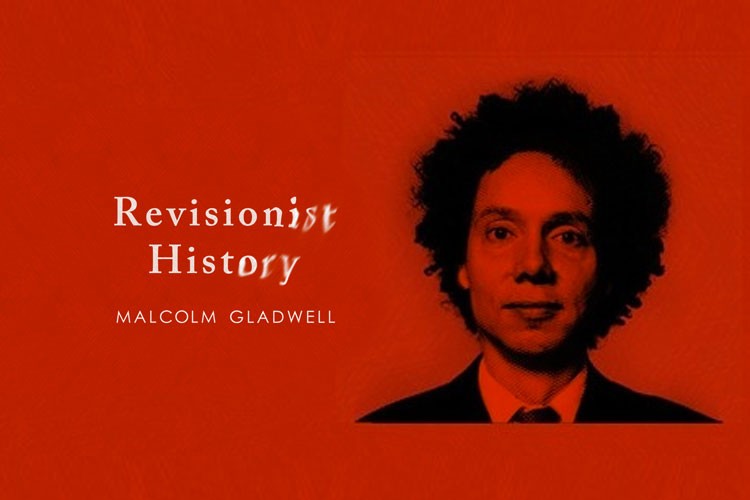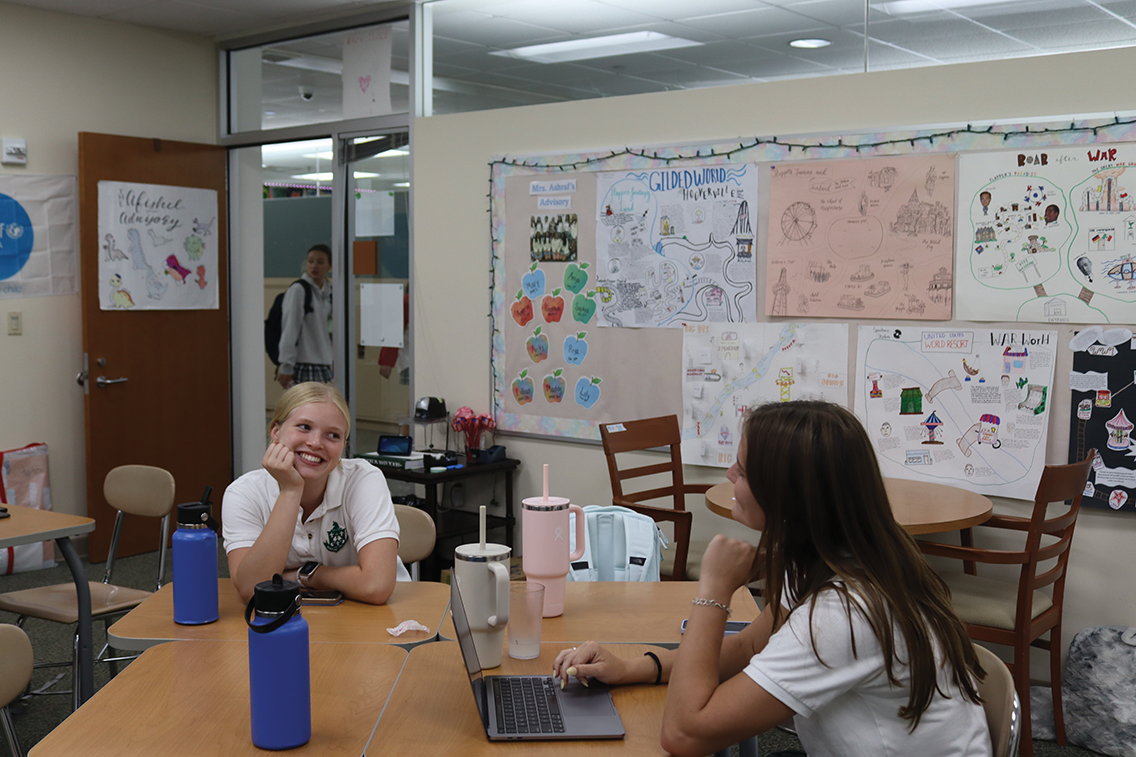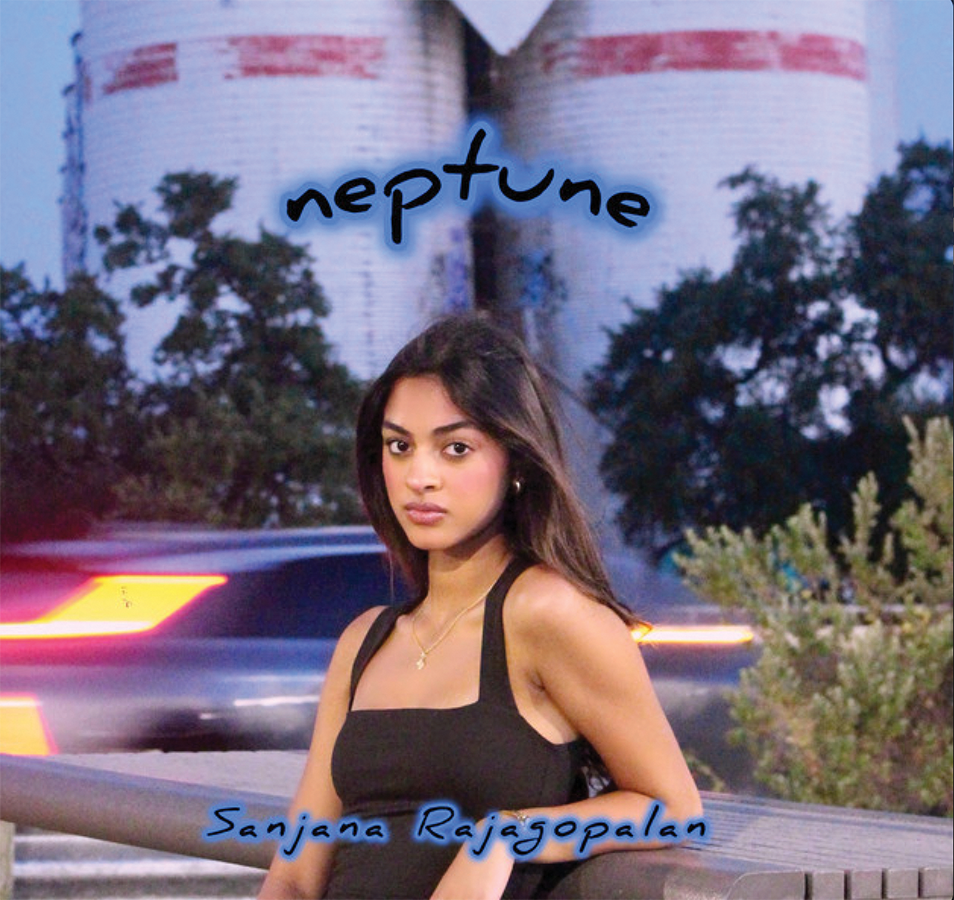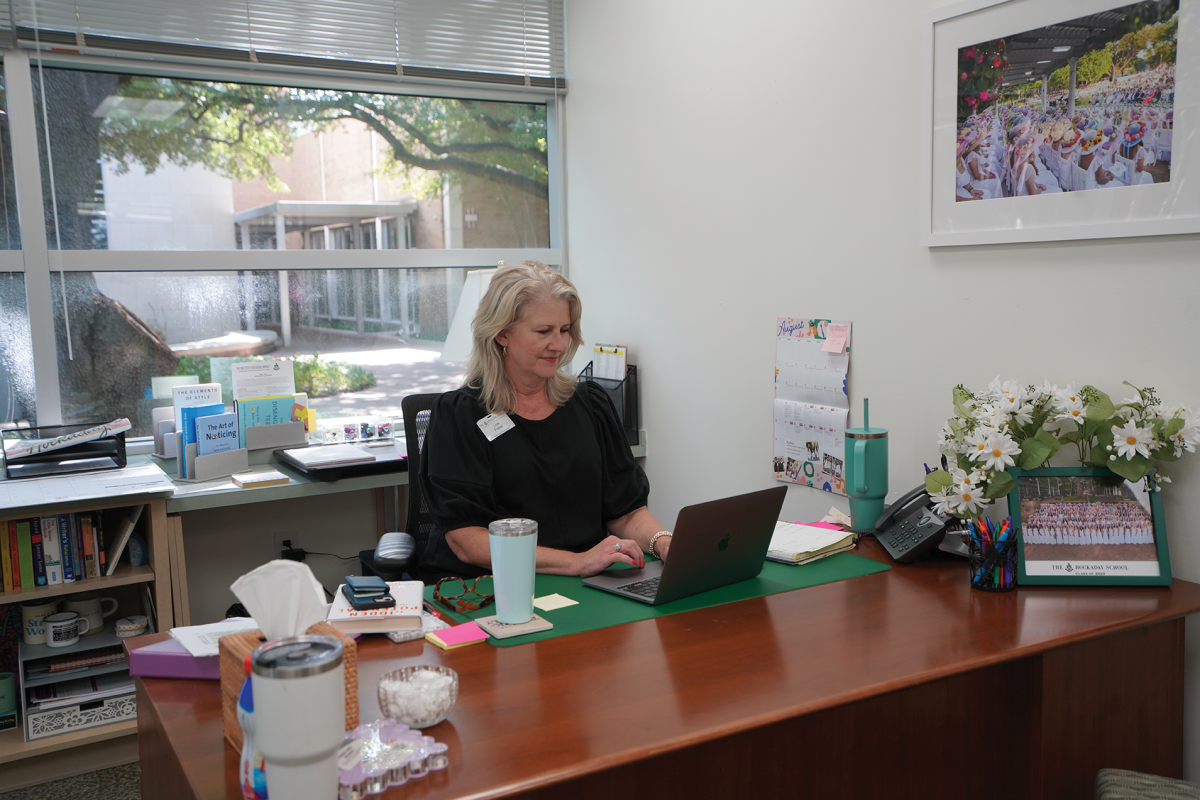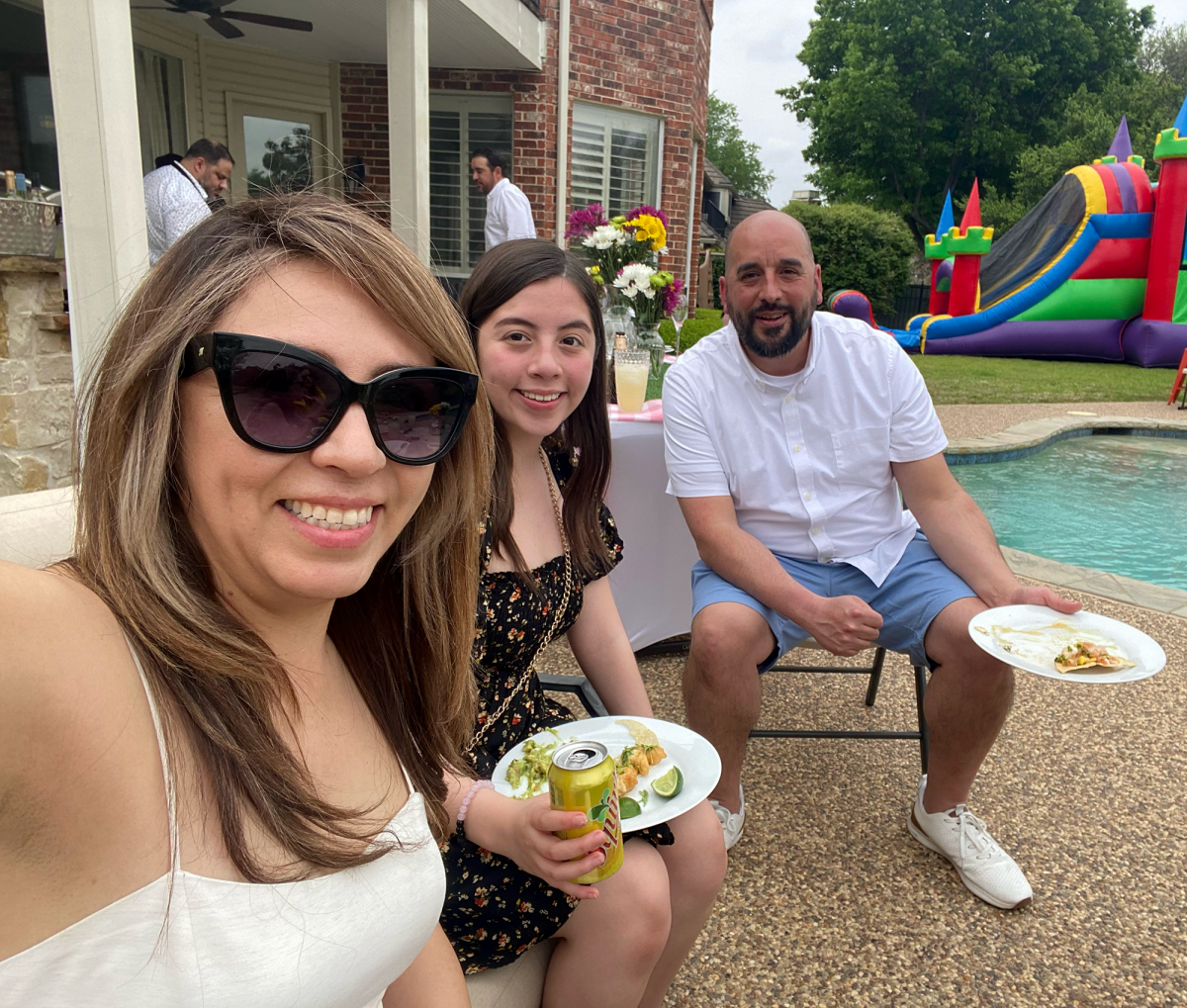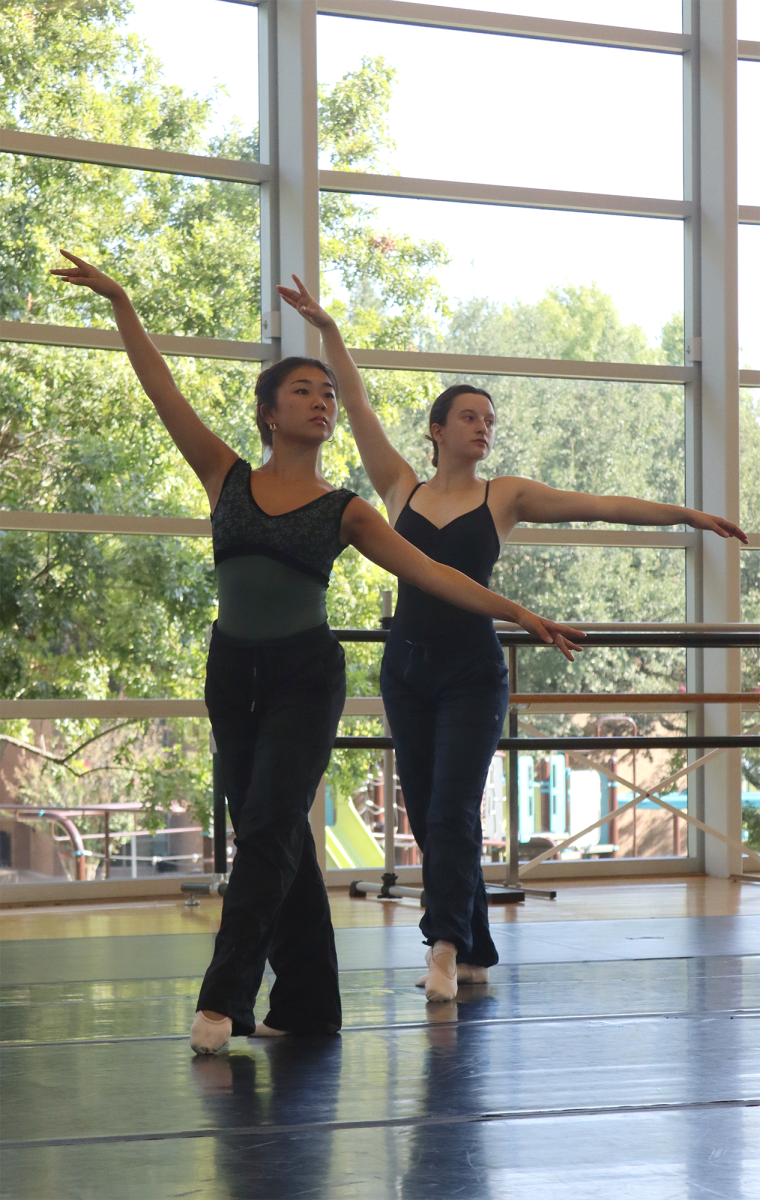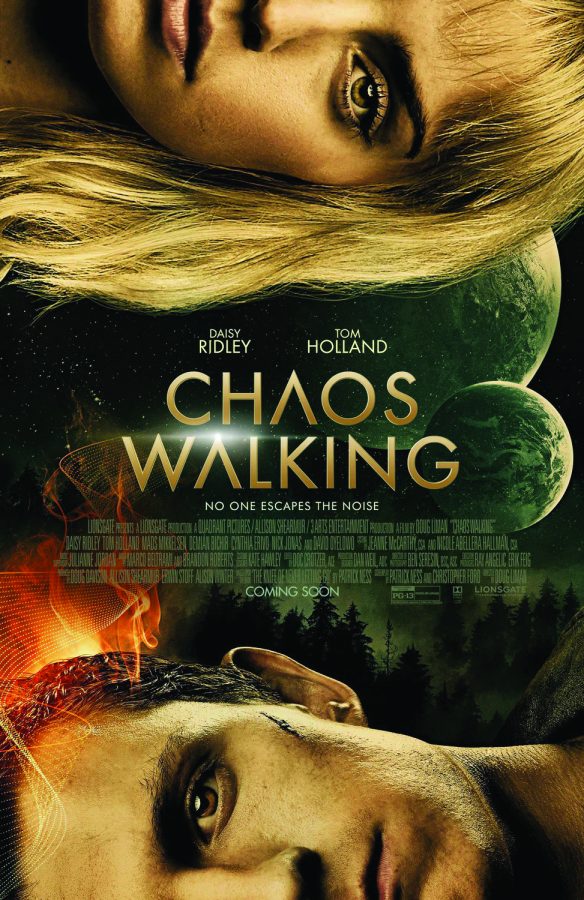//PICTURED ABOVE: Malcolm Gladwell’s podcast “Revisionist History” explores a variety of topics often overlooked in history. Here, Editor-in-Chief Eliana Goodman reviews Gladwell’s podcast.
Anyone who knows me can say definitively that I am a learner. As nerdy as it sounds, nothing thrills me more than finding a new book to read, discussing an obscure part of history, making an etymology connection in my Latin class or asking my teachers extremely specific questions related to our course material only by a hair.
So, as podcasts are rising in popularity among the youth, I’ve been determined to find one that piques my intellectual curiosity and exposes me to new and exciting topics. For a long time, however, I just could not find one. I listened to episode after episode of varying historical, scientific, business-related, true crime and comedy podcasts, but the lull of the recorders’ voices sent me daydreaming rather than actually listening to the subject material. The only podcast I religiously listened to quite literally put me to sleep— if you need help sleeping, I highly recommend listening to “Nothing Much Happens: Bedtime Stories for Adults,” by the way.
About a week ago, an ad for the podcast “Revisionist History” by Malcolm Gladwell, a well-known journalist, author and public speaker, popped up on my computer. In my seemingly Sisyphean efforts to find an enjoyable-yet-educational podcast, I decided to give it a listen.
The podcast, according to its website, is “a journey through the overlooked and misunderstood.” In other words, each episode focuses on something from the past—whether that be Dr. John Rock, a Catholic man who invented oral contraceptives; the semicolon; or the breakdown of the word “chutzpah”— and tells its story comprehensively, linking it to something relevant going on now.
To be completely real, I was expecting to be bored. But I have a 40-minute commute to Hockaday, so I decided to listen to his most recent episode, “The Queen of Cuba,” in place of my typical morning playlist.
This episode was about how two Cuban fighter jets shot down two American planes operated by Brothers to the Rescue in Feb. 1996. It linked the downing of the plane to a Cuban spy who held a high-ranking position in the American Defense Intelligence Agency. Gladwell then went on to provide fascinating insight and data about people’s lying patterns.
The way this episode articulated the chain of events was thrilling. A raconteur at heart, Gladwell captivated my attention so much that once I arrived at school, I locked myself in a study room in the library with my headphones on to finish the last 10 minutes of the episode.
Since that day last week, I have listened to new episodes on my way to and from school and have told anyone who will listen to me to give it a shot.
I love how Gladwell has a remarkable talent for storytelling. He adds humor to short history lessons, then connects those lessons to relevant human behavior patterns in an intriguing way.
For example, because I heard his podcast tying the story of British artist Elizabeth Thompson to moral licensing (the mindset that just because a person has a friend of color they are not racist, or because a woman holds a power position that sexism is over), I’ve listened to and discussed sexism under the lens of moral licensing. I learned about Julia Gillard, the first female Prime Minister of Australia, and gained sincere appreciation for her efforts for gender equality. Her misogyny speech is well worth a listen.
The podcast has given me the opportunity to relive my “glory days” of junior year AP Biology and learn more about the discovery of the enzyme reverse transcriptase and its role in viruses like HIV. An episode entitled “The Obscure Virus Club” painted a clear picture of the struggles that scientists like Francis Rous faced when they disagreed with what others in the scientific community believed.
I’ve learned about artists, doctors, grammatical structures, implicit biases, mobsters, enzymes and even a virus that appeared in chickens. Hearing an episode of “Revisionist History” is like reading the most eclectic textbook you can imagine.
In the short time I’ve been listening to “Revisionist History,” I have gained insight and learned about enthralling moments in history I never would have learned about otherwise. The episodes have inspired me to start important discussions with friends and family. I rate the podcast five stars and hope I never run out of episodes to listen to on my way to school. My sincerest apologies to my “Morning Jams” playlist on Spotify: you have been replaced.
Story by Eliana Goodman
Photo provided by brandalmanac.com


